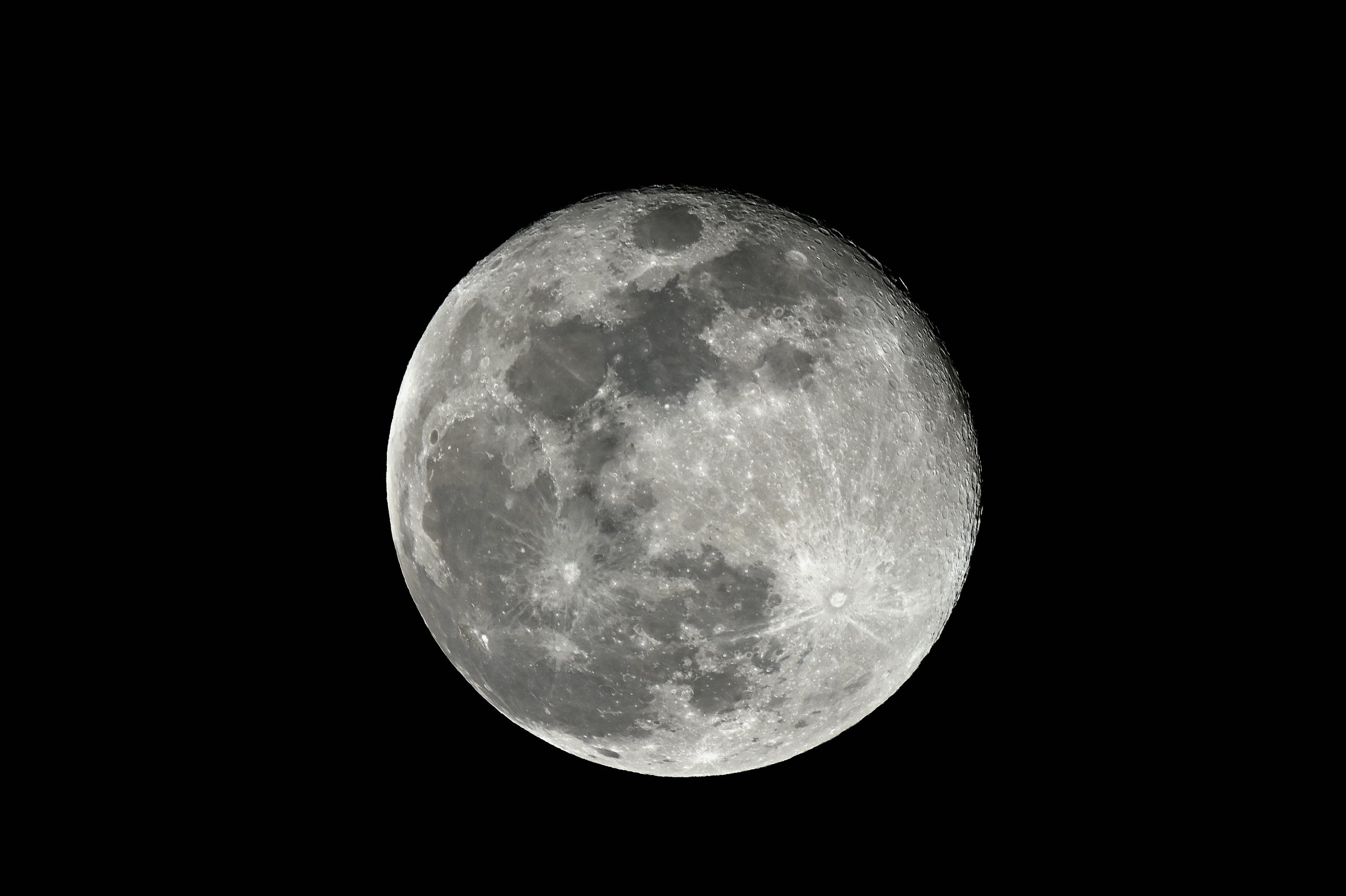Yes, China is not merely gazing at the Moon—it is actively preparing to set foot upon it and establish a lasting presence. Through a series of ambitious missions and international collaborations, China aims to transition from lunar exploration to lunar habitation.
🚀 China’s Lunar Ambitions: A Methodical Ascent
China’s lunar exploration journey is structured in phases, each building upon the last to culminate in a sustainable human presence on the Moon.
- Robotic Precursors:
- Chang’e Missions: China’s Chang’e program has achieved significant milestones, including the Chang’e 5 mission, which returned 1,731 grams of lunar samples to Earth in 2020. The upcoming Chang’e 7 and 8 missions, planned for 2026 and 2028 respectively, aim to explore the lunar south pole, search for water ice, and test in-situ resource utilization technologies, such as 3D-printing structures using lunar soil. (Wikipedia, Wikipedia)
- Crewed Missions:
- 2030 Goal: China plans to land astronauts on the Moon by 2030. The missions will utilize the Mengzhou crewed spacecraft and the Lanyue lunar lander, both currently under development. These missions will lay the groundwork for sustained human activity on the lunar surface.(People’s Daily, Wikipedia)
- International Lunar Research Station (ILRS):
- Joint Effort with Russia: China and Russia have signed an agreement to build the ILRS, a lunar base near the Moon’s south pole, by 2035. The base will include a command center, communication hub, scientific research facilities, and a nuclear power station to provide essential energy for operations. The ILRS is envisioned as an open platform for international collaboration, with 17 countries already invited to participate. (Reuters, The Sun)
🌕 Strategic Significance of the Lunar South Pole
The lunar south pole is a prime target for exploration and habitation due to its unique characteristics:
- Water Ice Deposits: Permanently shadowed regions near the south pole are believed to contain water ice, a vital resource for life support and fuel production.(Wikipedia)
- Continuous Solar Illumination: Certain areas receive near-constant sunlight, providing a stable energy source for solar power generation.
- Scientific Opportunities: The region offers unique opportunities for astronomical observations and studies of the Moon’s geology and environment.
🔭 Looking Ahead: A New Era of Lunar Exploration
China’s methodical approach to lunar exploration reflects a long-term vision of establishing a sustainable human presence on the Moon. By combining robotic missions, crewed landings, and international collaboration, China aims to transform the Moon from a distant celestial body into a new frontier for human activity.
As the world watches this unfolding endeavor, the Moon may soon become a bustling hub of scientific discovery and international cooperation, heralding a new chapter in humanity’s quest to explore the cosmos.



This is a fascinating overview of China’s strategic lunar ambitions! The systematic approach China is taking, from robotic missions to planned crewed landings and the establishment of international collaborations, indicates a significant commitment to not just lunar exploration, but the potential for a sustainable extraterrestrial presence.
One aspect worth considering is how such international missions could shape geopolitical dynamics on Earth. The ILRS, envisioned as a cooperative venture inviting participation from various countries, could foster diplomatic relations and shared scientific objectives. However, there are concerns regarding potential competition that may arise as nations seek to lay claims to resources like water ice or rare minerals.
Additionally, the technological innovation stemming from these efforts could have profound implications for industries back on Earth, from advances in materials science to sustainable energy technologies. It’s essential for discussions on lunar habitation to also encompass ethical considerations surrounding space resource utilization and the preservation of celestial environments.
Ultimately, as we enter this new era of lunar exploration, fostering collaboration over competition may pave the way for a more united approach to exploring not only the Moon, but also the broader cosmos. What are your thoughts on how such collaborations could be effectively managed to ensure peace and mutual benefit among participating nations?